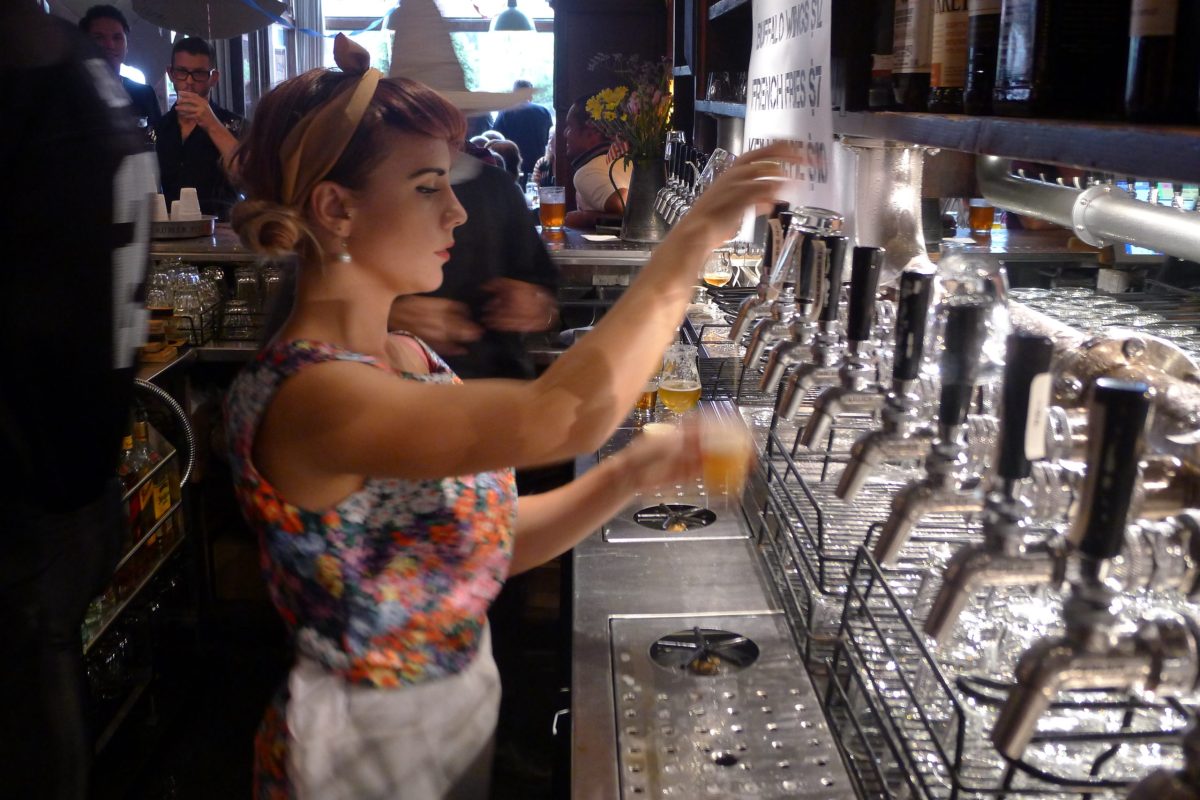By Charles Whitting
Some publicans might point to percentage tap contracts as a reason for not stocking more independent or craft beers. But that’s no longer an excuse.
It can be very tempting for publicans looking to set up the taps on their bar to accept a contract with one of the larger brewing conglomerates and leave it at that. Most of their customers will be happy drinking those mainstream brands and there are savings to be made.
In recent years, however, should a publican be thinking about branching out from those contracts and finding something a little bit different for their customers, then there was a wide array of breweries out there clamouring for a venue’s business. And even more recently, the acquisitions of craft breweries like Pirate Life and 4 Pines by those bigger breweries should actually allow publicans to introduce craft beers onto their bar without stepping out of the contracts.
But while some pubs might think about getting out of those bigger contracts, they should remember how important those beers are to many of their customers and the advantages that such agreements bring.
“When we took over, they [the old owners] did actually have a link with CUB,” says Chris Deale, publican at Dove and Olive, Sydney. “So there were a certain number of taps that had to be devoted to them. We still want to work with the larger companies because if someone wants a VB, we’ll have that. We still keep that level of relationship there, but when we took over we didn’t feel it was the essence of a craft beer pub, so we took that away. We lost certain advantages by doing it. The aim was to offer more of a selection and there are so many craft breweries and cider makers out there.”
Are incentives an incentive anymore?
For Adam Carswell, co-owner of The Cambrian, Bendigo, incentives from breweries should be avoided, simply because there is now so much choice on the market and pub operators shouldn’t put themselves in a position where they can’t change their offer to suit a prevailing mood.
“I’d advise against accepting any kind of incentives from breweries of any size, such as discounts on kegs, financial help with your tap system or adding extra taps, anything like that,” he explains. “It’s an extremely competitive landscape at the moment, and there will be breweries falling over themselves to lock you in to some kind of long-term commitment. Part of the challenge of being a craft beer venue is keeping people interested, and you want to be able to have complete freedom in choosing your lineup.”
For some venues, like The Local Taphouse, Sydney, having a range of beers that is exclusively independently owned is an important point of difference. But for other operators, especially ones that are just starting out in the wider world of craft beer, these contracts can be of great benefit, allowing them to enjoy the best of both worlds whereby they have a ready supply of quality craft beers to change opinions and keep their taps interesting without losing those mainstay components of the cellar.
“I’ve always been battling against these percentage tap contracts,” comments James Thorpe, co-owner at The Local Taphouse, Sydney. “But these days, it’s a bit different with the acquisitions. You can get good beer at a pub that might be 90 per cent Lion or CUB.”
Information is king
However, when it comes to working out what contract is going to work best for you, it is important not just to think about the beers. Instead, it is worthwhile investigating the bigger picture and thinking about the entire relationship. The on-premise trade is built around relationships between bar staff and customers, but also between publicans and their suppliers, and the one around beer is one of the most important of them all. You need to have relationships with people who are going to offer assistance when needed, who will guarantee consistent, quality deliveries. Talking to other publicans about their experiences with various brewers can help operators make an informed decision.
“Talk to everyone, bar owners, breweries,” advises Kieran Yewsall, co-owner of The Catfish, Melbourne. “It’s a friendly industry and if you’ve any issues, there’s always someone to ask. Talk to the locals, ask them what they like, what’s pouring well. Go to the breweries and other bars and find out how they’re making it. Hardcore competitiveness in our industry isn’t there. It’s all about neighbours. Everyone is your neighbour.”

